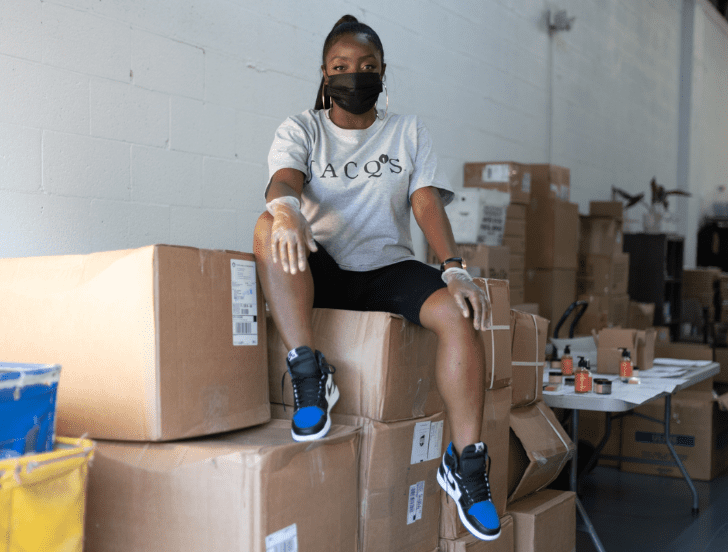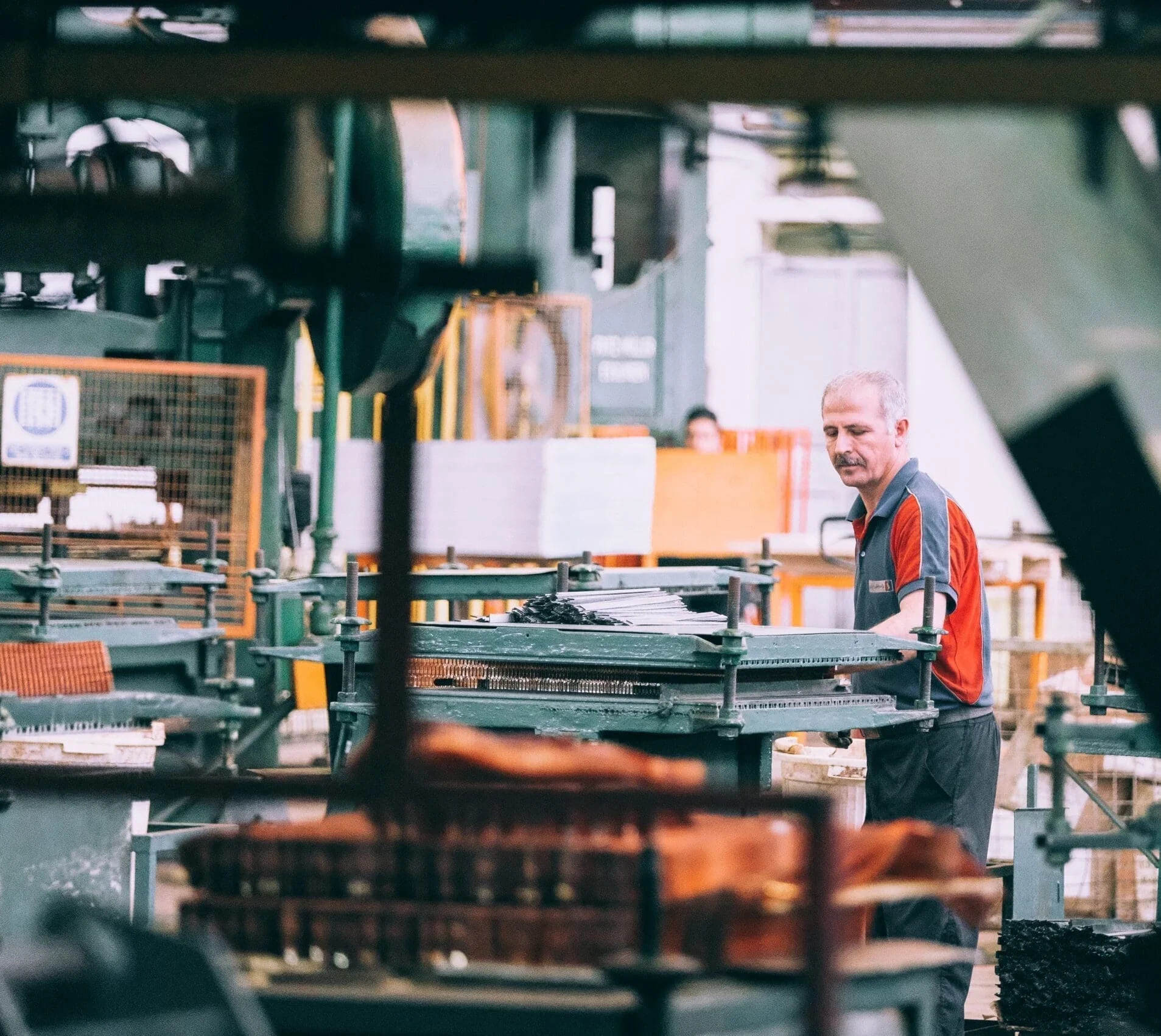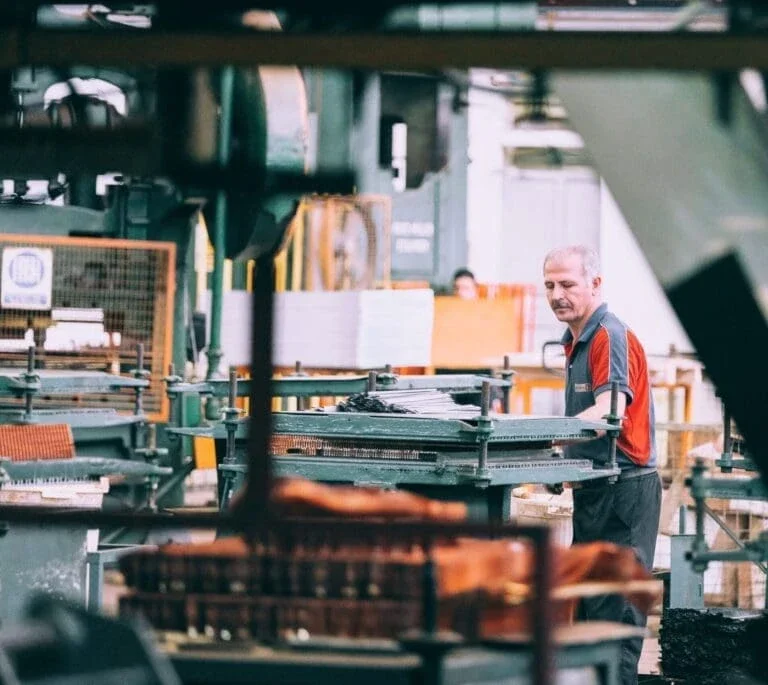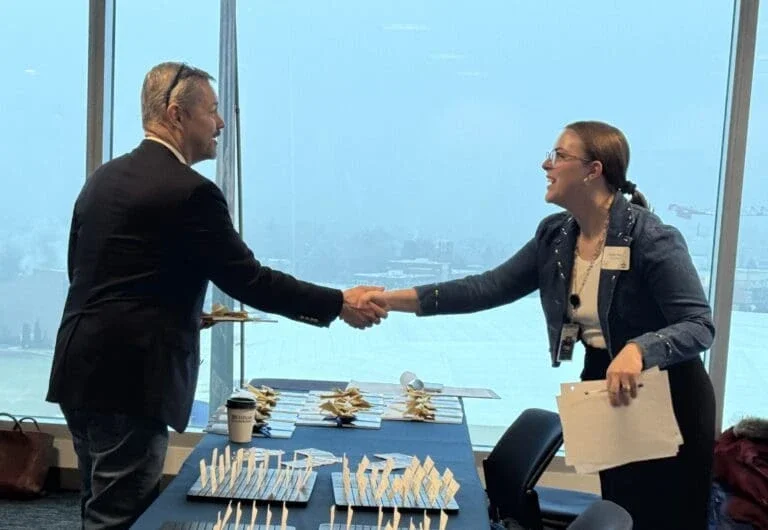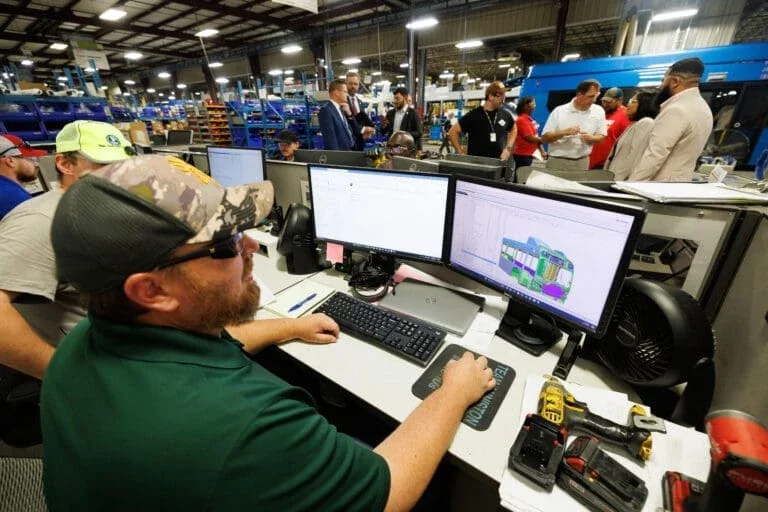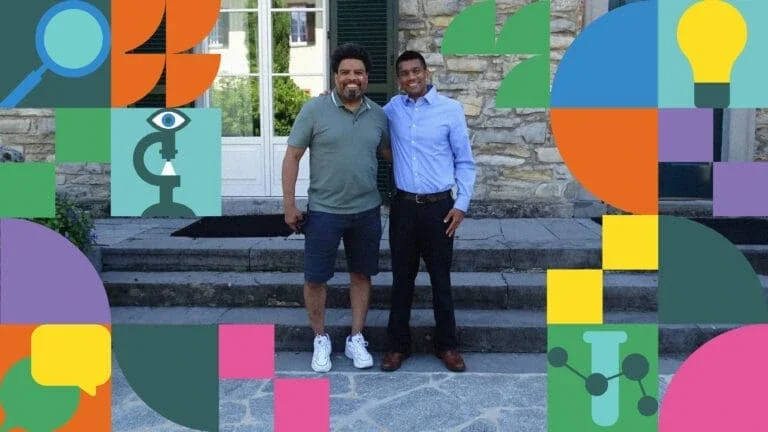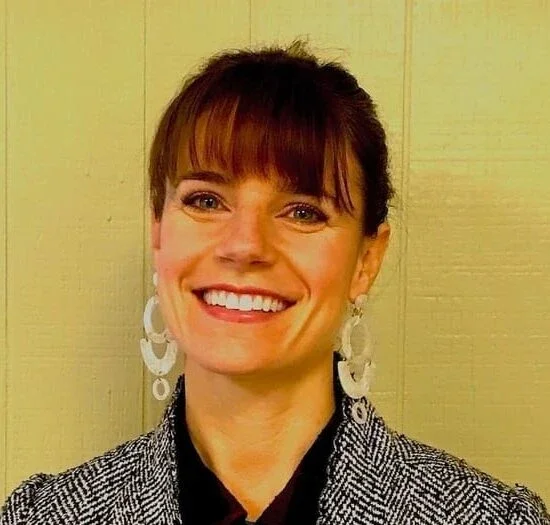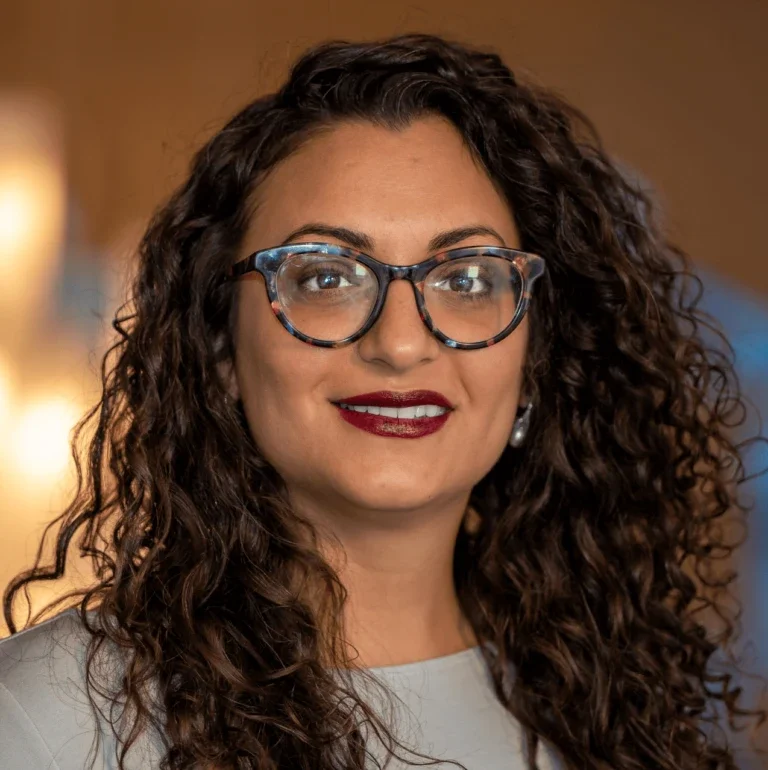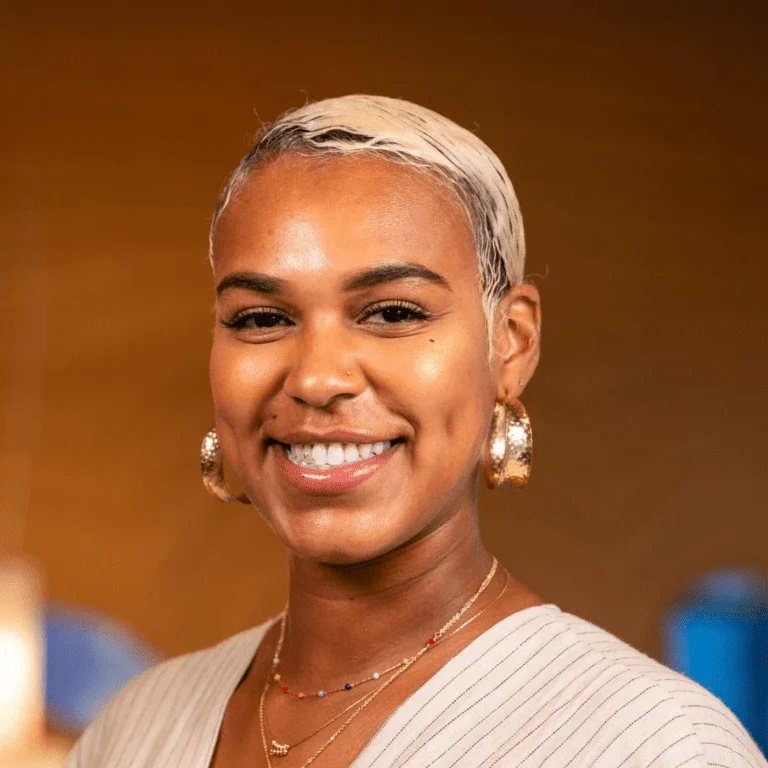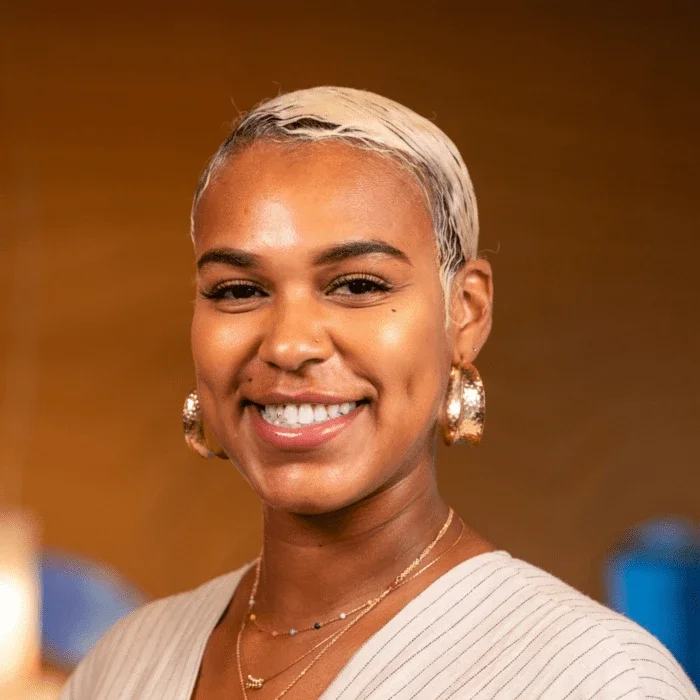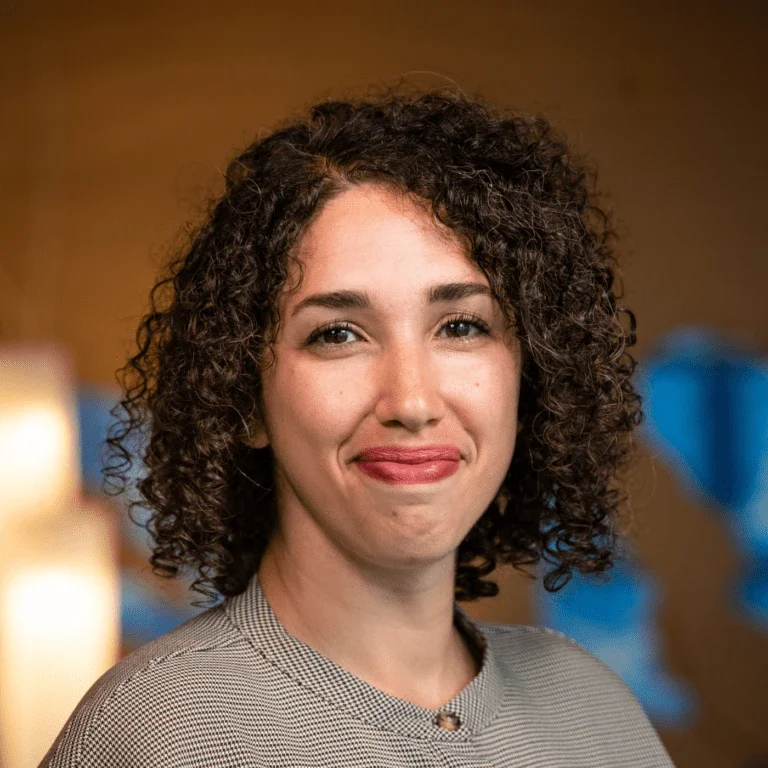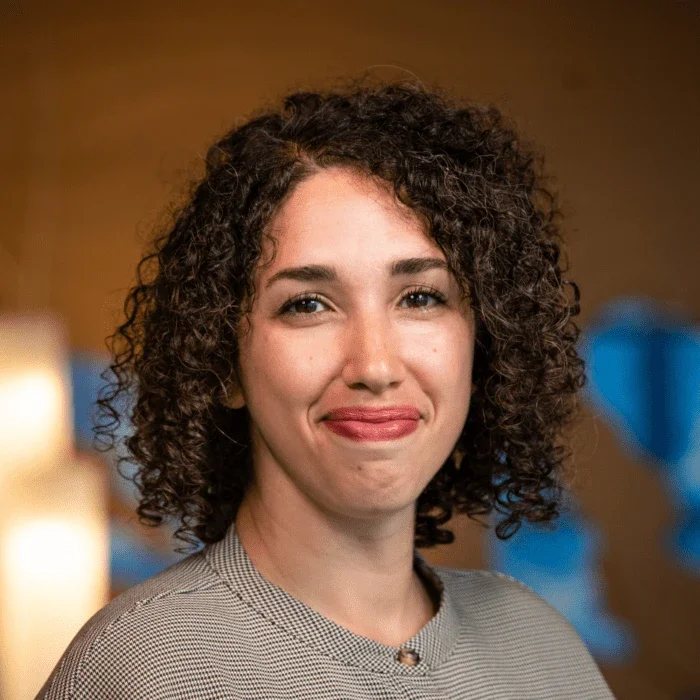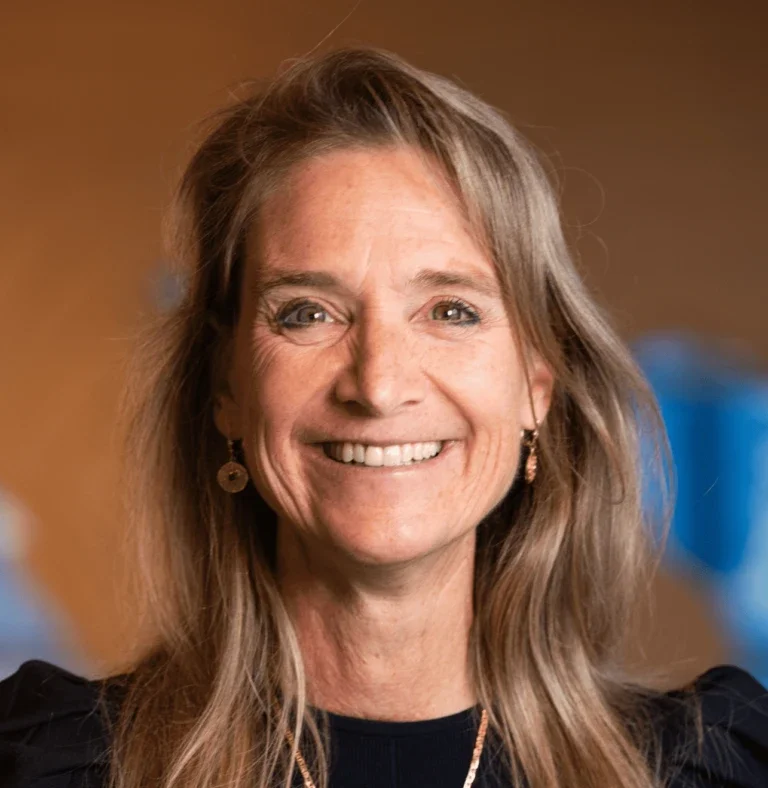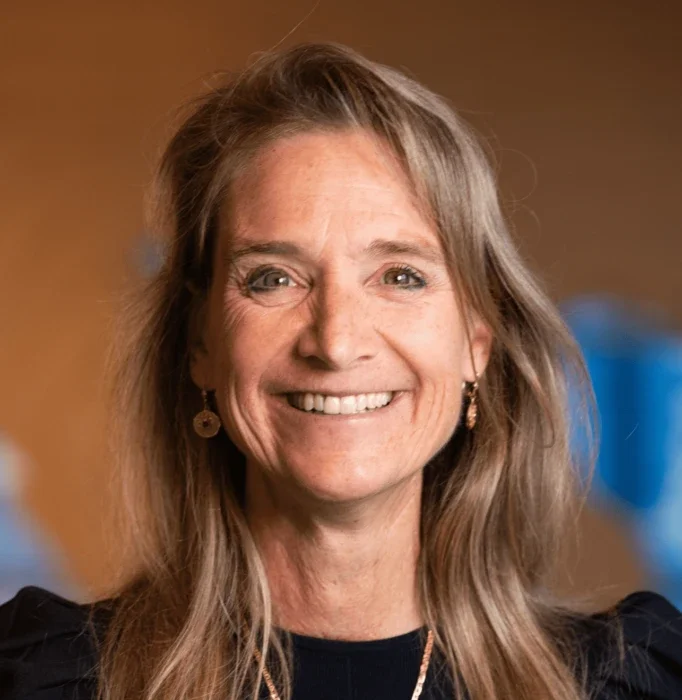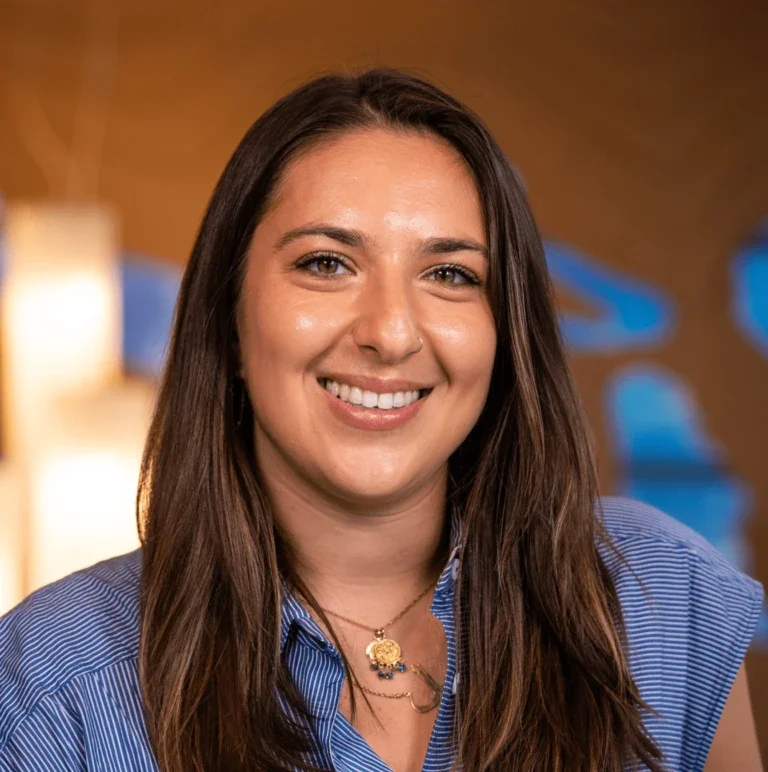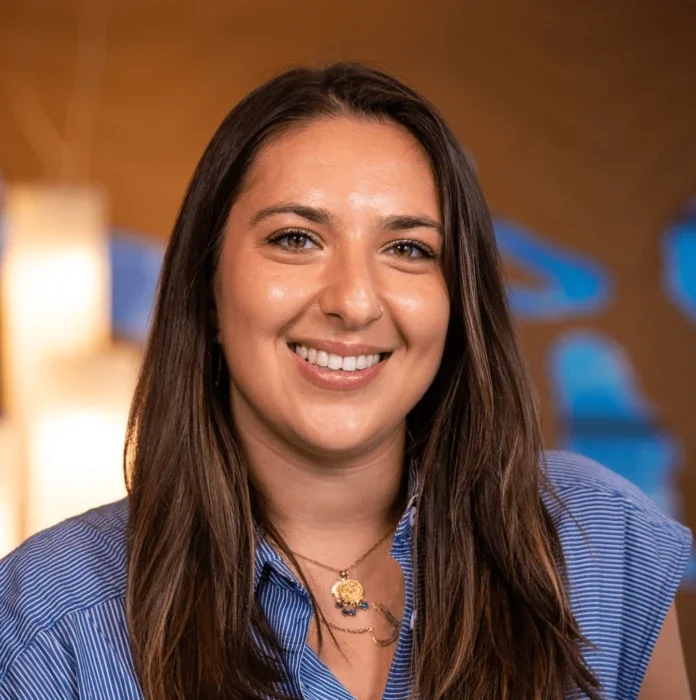Why it Matters
- 0MillionMillion
people moved out of poverty in 2021, and the child poverty rate decreased by almost 40% because of two tax measures, the Earned Income Tax Credit and the Child Tax Credit
- 0%%
of American households are unbanked or underbanked, often obligating them to use costly financial services that can impact their financial health
- 0MillionMillion
people in disadvantaged communities, suffering from a combination of environmental, economic, and health burdens, are eligible for equity-focused federal climate funding
Overview
When faced with a hypothetical expense of $400, 68 percent of all adults in 2021 said they would cover it exclusively using cash, savings, or a credit card paid off at the next statement. The rest said they would pay by borrowing or selling something, or would not be able to cover the expense.
But Black and Hispanic adults were much more likely than White or Asian adults to face difficulty paying bills, and these differences were present at all income levels. Forty percent of Black adults and 35 percent of Hispanic adults had, or were close to having, difficulty paying bills, compared with 19 percent of White adults and 11 percent of Asian adults.
Our Strategy
- 1Solutions that are Good for People and Planet: We advance innovations at the nexus of economic opportunity and sustainability. Our objective is to scale high-potential, locally-led initiatives and ensure all communities can access climate investments with an eye toward growing jobs and lowering energy prices.
- 2A Pro-Working Families Tax System: We are creating collaborations to enable tax policies that work better for American workers and American families. Our goal is to advance solutions that will help at least 25 million American workers achieve economic stability.
- 3Inclusive Economic Growth: We are a founding member of the Economic Opportunity Coalition (EOC), a historic effort to catalyze and align public and private investments to accelerate inclusive economic growth, particularly for underserved communities.
Impact Stories
Pathways to economic opportunity are truly diverse. Across the country, transformative solutions and hard work are helping Americans realize a more equitable economy.
